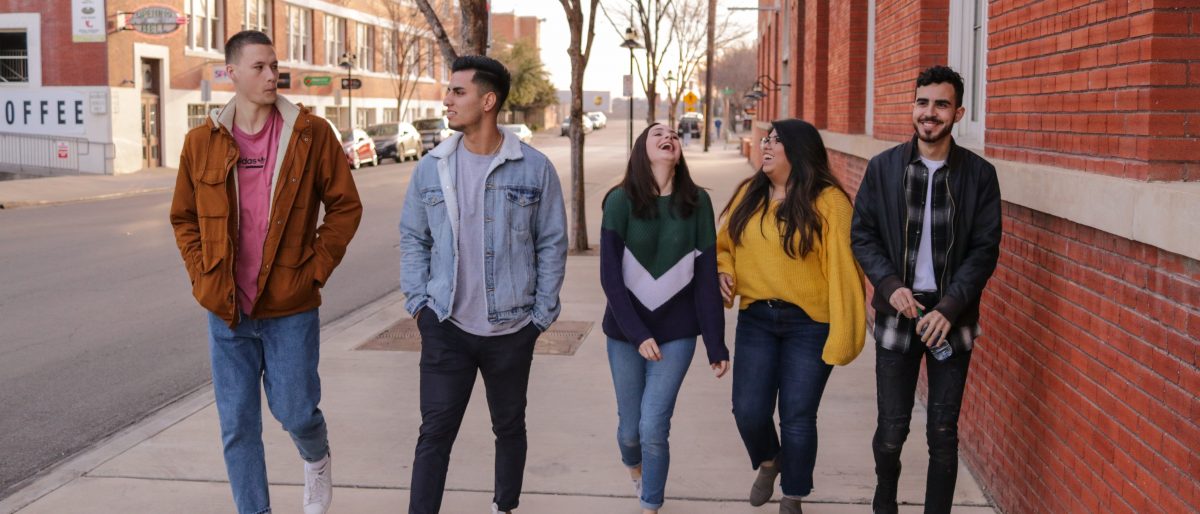The role of young people as independent actors in their own right, able to define and become architects of their own future has changed over the years. In our previous three blogs we looked at formal educational settings, informal youth work and direct democracy. In this fourth blog we look at how democracy, problem solving approaches and youth empowerment has crossed over, and in our final blog we will explore their links with participatory budgeting
Participation 2.0:
Over 60 different models of participation, both adult and youth focussed, spanning some 30 years or more was outline in a recent blog by Sally Hussey. One model particular to youth work that is getting increased interest, particularly in a European context, are initiatives that bring young people from different contexts together to talk through common challenges and see themselves as ‘citizens in common’ with others. Many are being funded by the European Union, or run through various foundations. One such example being “Turn On Youth Participation 2.0”. In one of their blogs they say:
“A young person, participating in youth associations of any kind, in groups, learns skills and assumes responsibilities that will be useful for their future and for the development of the community in which they live.”
As far back as 2001 the European Commission White Paper on Youth was promoting the concept of ‘No Democracy without Participation.’ Intercultural learning and the promoting of ‘Youth in Action’ was central to many policies and funding streams, especially for linking core European countries (where a democratic culture was perceived to be strong) with newer member states of the EU.
Hackathons and collaborative design.
Design sprints, or other short, energetic processes to solve problems have become common. Often taking inspiration from concepts of business entrepreneurship and computer programming, people are forming into teams to address issues in a collaborative way. Enabled by new digital connections, and spurred by the Covid 19 pandemic a wide range of hackathons are listed on the EU sponsored Digital Response to Covid19 website.
Within school settings, especially to develop science and technology skills, hackathons have become increasingly commonplace, with a well structured format, and games, tools and resources such as the ‘hackathon for schools’ website from the UK.
The principle being to build upon the interests that young people already have, and let their desire to explore lead their learning through problem posing, rather than communicate knowledge from teachers in a ‘banking’ model of education critiqued by Paolo Freire.
Legislative Theatre for creative learning
Alongside a whole range of creative approaches to involving young people, as part of our project we connected to Legislative Theatre. Though not directly participatory budgeting it is a complimentary practice, one significantly also rooted in the homeland of Paolo Freire, as it evolved directly from the work of Augusto Boal’s Theatre of the Oppressed.
Pioneered by practitioners such as Katy Rubin, who founded TONYC’s legislative theatre method, it is increasingly been used in Europe and beyond. In our project we had the privilege to host a Legislative Theatre workshop delivered by Katy Rubin.
The use of creative methodologies like these, using theatre or other creative learning approaches and the use of informed deliberation has much to offer young people.
Deliberative policy making
In 2019 over 150 young people in Ireland held a youth assembly on climate change, which met in the Irish national parliament’s debating chamber. In Australia in 2021 there will be a youth climate assembly aiming to take the voice of young people to the COP26 International Climate Conference in Glasgow. On a global scale there is a plan for a 1000 strong citizens’ assembly to focus attention on climate change aimed at the same conference.
Through the use of Sortition, a method for ensuring diversity of participation that sits at the heart of deliberative processes like citizens’ assemblies, the voice of young people will be guaranteed. As long ago as 2014 the Youth Parliament of Belgium proposed Sortition as an effective democratic innovation.
Globally, 16% of the world population is aged between 15 and 24. This represents a huge untapped resource. In a global citizens assembly of 1000 people the use of Sortition guarantees at least 160 of those participants will be in the 15-24 age group.
In our final blog we will link these themes back into our work in the PB youth Accelerator project
Photo by Eliott Reyna on Unsplash
